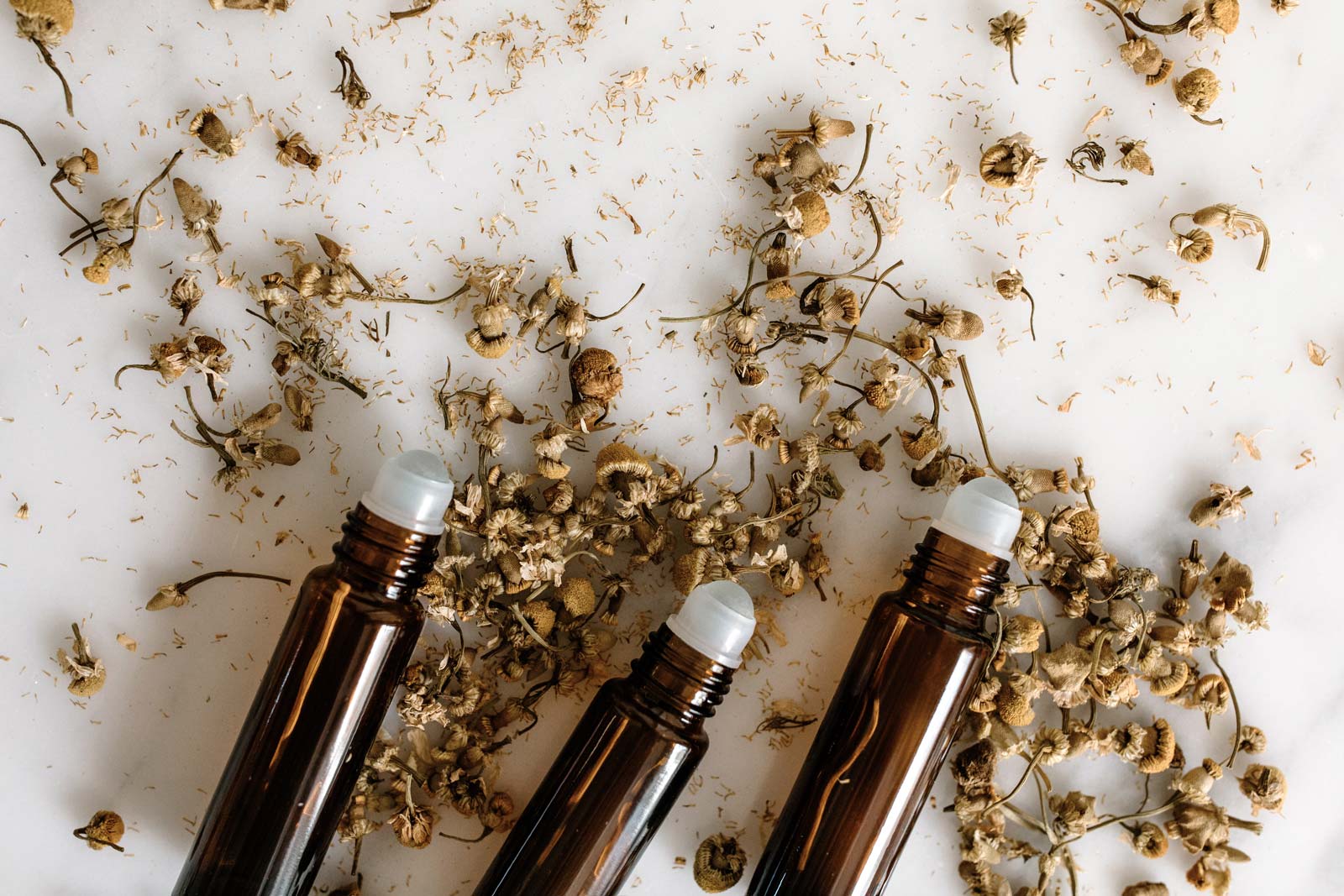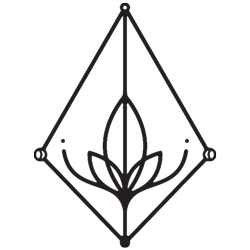During pregnancy, we are glowing. Our hair is shiny and beautiful, our skin is immaculate, and we receive compliments left, right and center. Sadly, the glow does not prevent illness, and we still get sick. Whether it’s a common cold, the flu, morning sickness, or pneumonia –life still goes on, and for some of us, our kids bring home every sickness from school or daycare. Research suggests that 90% of all pregnant women take some type of over-the-counter or prescription medication during their pregnancy. However, some women don’t feel comfortable using so much medication and turn to supplemental herbs during pregnancy instead.
So, can I use herbs during pregnancy instead of medication?
Most herbs have little evidence of harm. However, I suggest that before starting any medications or herbal supplements, it’s best to check in with your care provider. They will likely have the best advice for you, your body, and your pregnancy.
There are lots of differing opinions on what is safe during pregnancy, but also on whether herbs should be used during pregnancy at all.
Some believe that since most herbs are not proven safe during pregnancy, they should be avoided entirely. Others see certain herbs more as foods that can provide an additional source of nutrients, support optimal pregnancy health and help proper uterine function.
Final thoughts
Maybe the best approach to herb safety is to balance risk vs. benefit. To do this, take into consideration the safety of the herb, the severity of the symptom, and the comparing the safety of the corresponding conventional medication.
Here is a list of pregnancy-related complications that warrant medical attention (do not simply use herbs to treat!)
These include:
- Vaginal bleeding
- Abdominal pain
- Back pain
- Swelling of the hands and face
- Difficulty urinating, or pain with urination
- Headache that lasts longer than 6 hours, blurry vision, or epigastric pain
- Water breaking prior to 37 weeks pregnant
- Regular uterine contractions prior to 37 weeks pregnant
While herbs have a place in pregnancy, the research I did all led to the same conclusion, Herbs are generally not recommended during the first trimester.
Your Obstetrician, midwife, or naturopathic should be consulted when using herbs medically – to treat any specific symptom or medical condition.
Herbs in Pregnancy: What to Avoid
While there are many herbs that are safe in pregnancy, there are also many that are best to avoid.
When doing research we always suggest talking to your care provider, so aren’t providing lists of what is and isn’t safe, as you may be on other medications that would make something otherwise safe, and unsafe. Below though is a chart that talks about common pregnancy concerns, and herbs. I would suggest taking this to your care provider and asking them for advice on it.
Downloadable Chart.
This downloadable chart, Herbal Treatment of Common Pregnancy Concerns, provides guidelines for commonly used herbal treatments for several pregnancy issues and provides a brief discussion of the safety of the herbs presented.
We are always interested in hearing from you, and look forward to your responses, and your insight. Please reach out if you’d be interested in being a part of our blog, or on a webinar with us.


